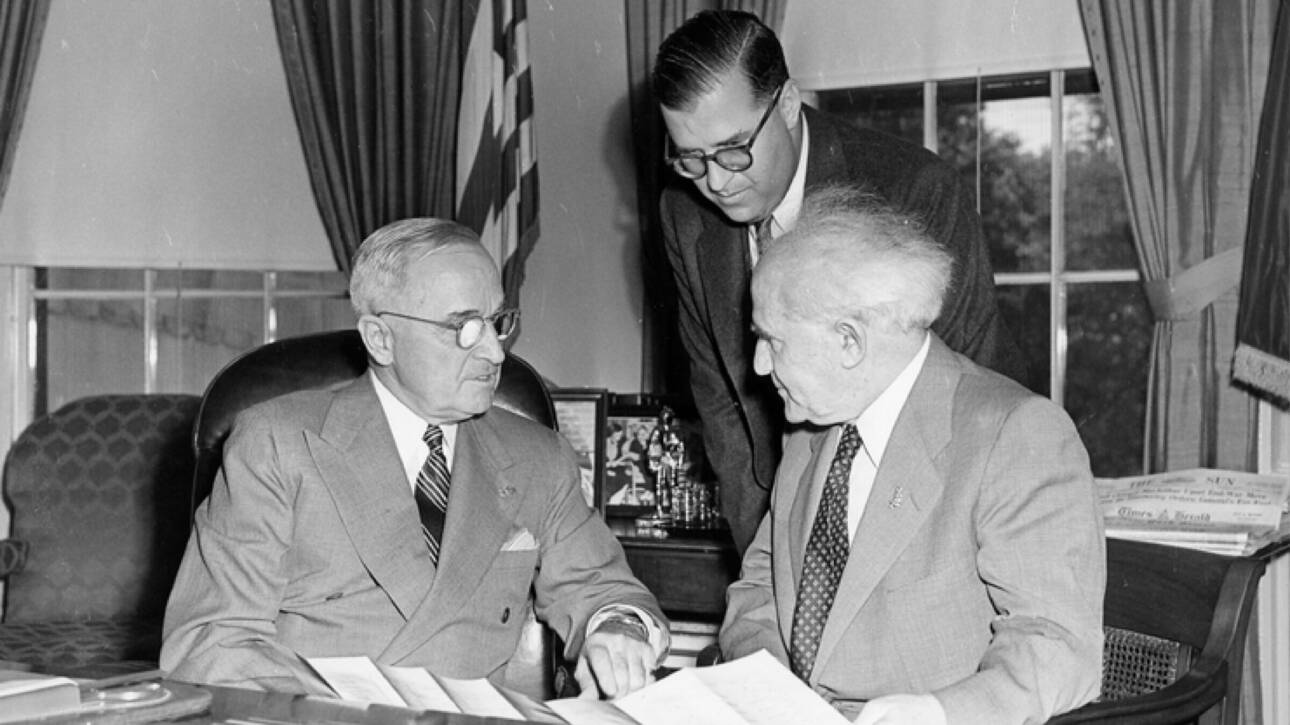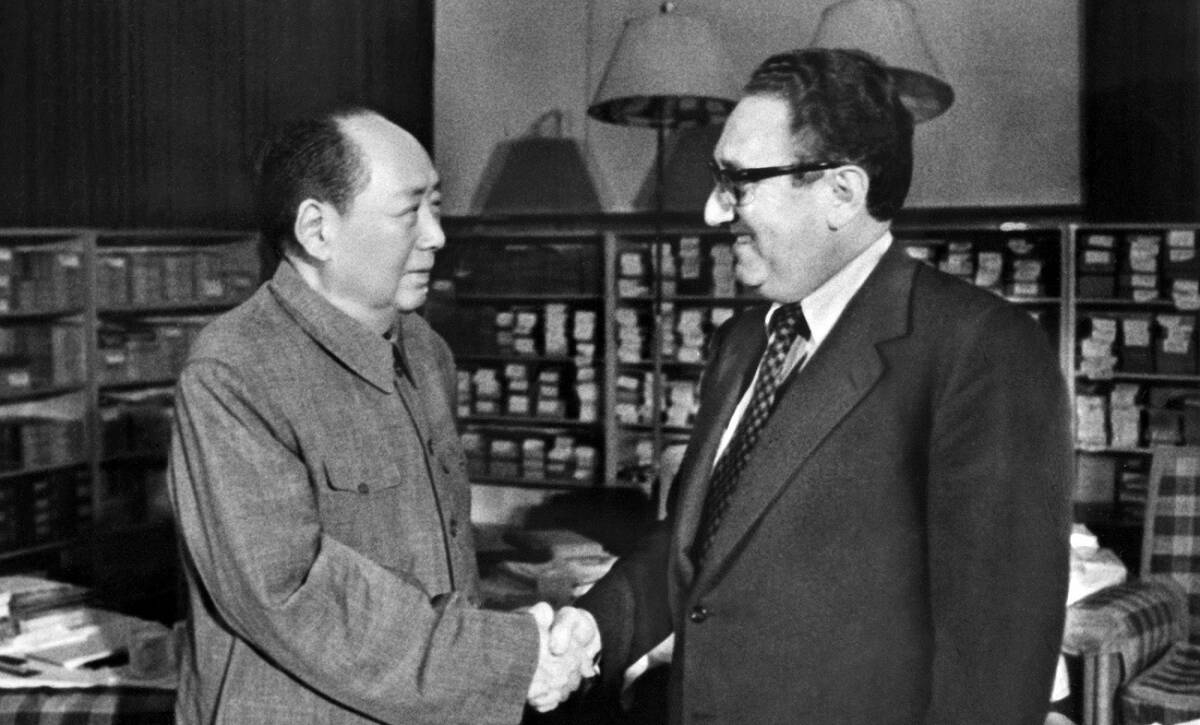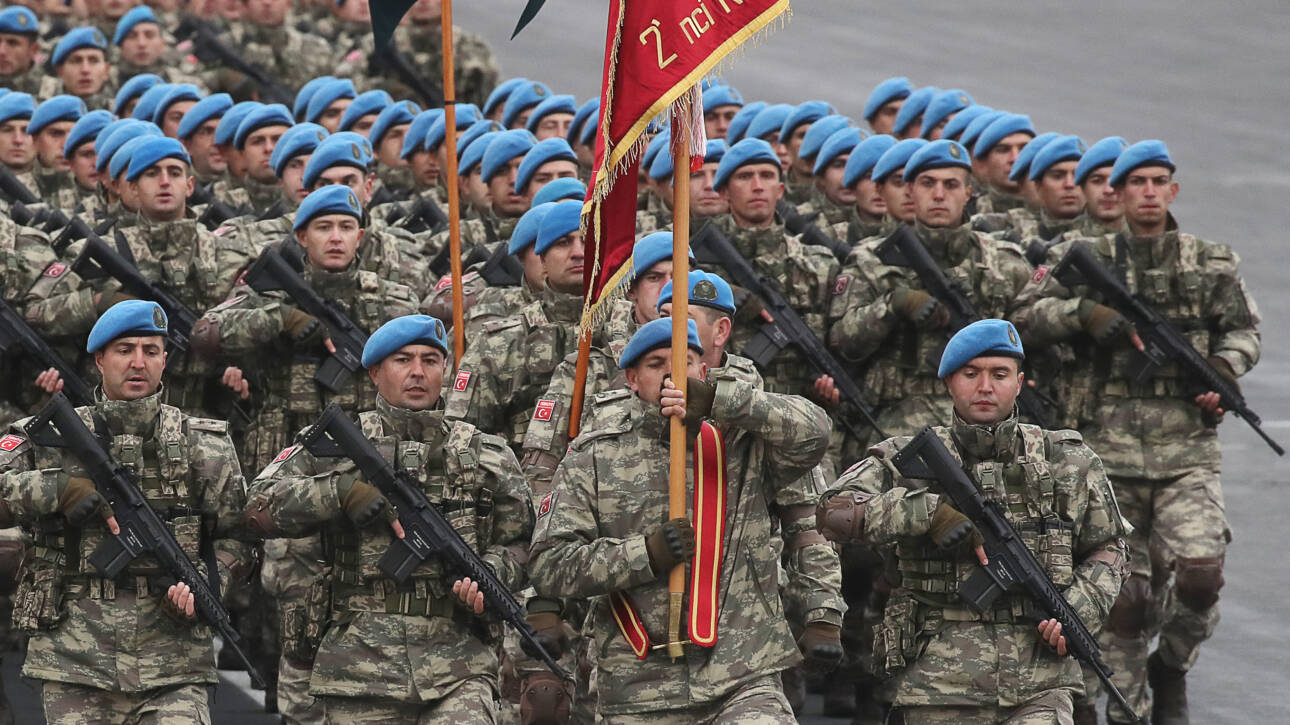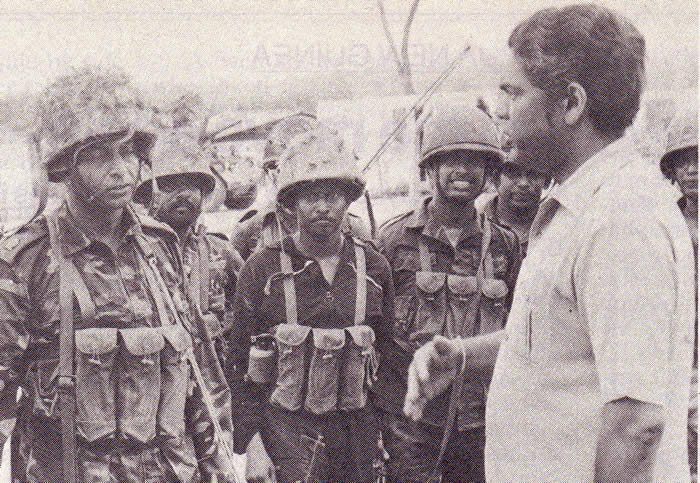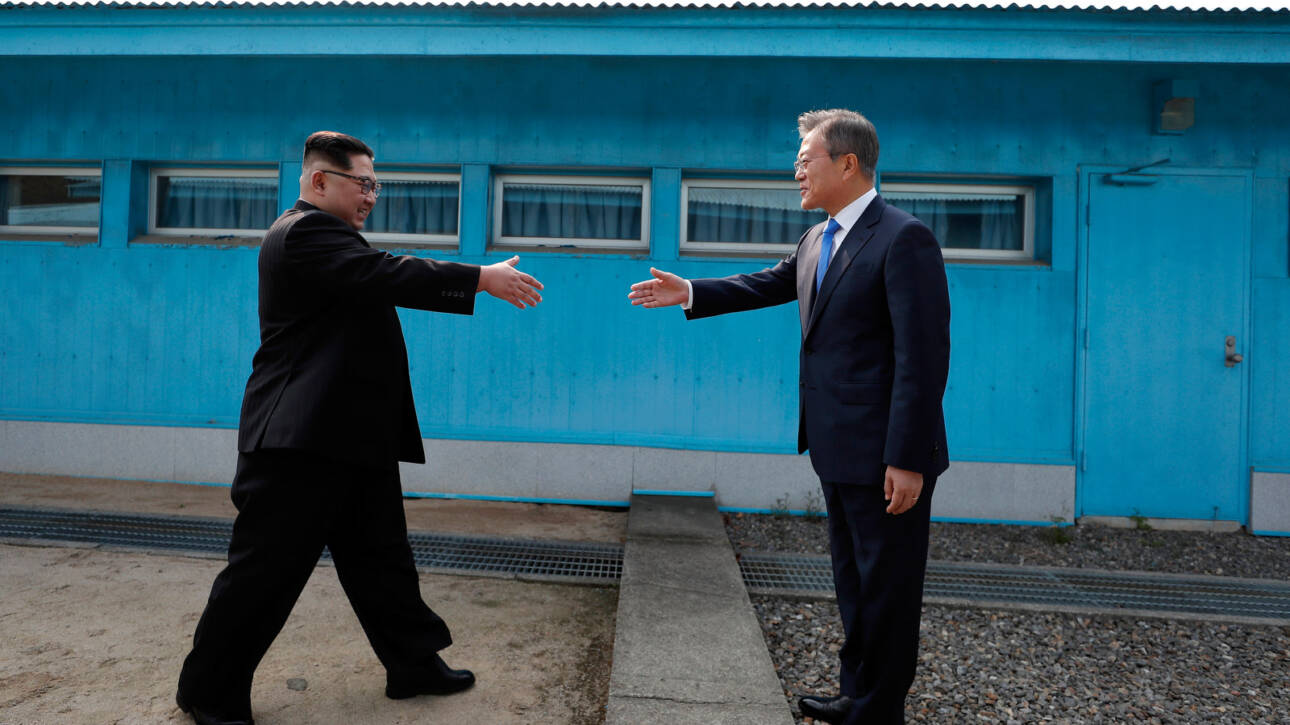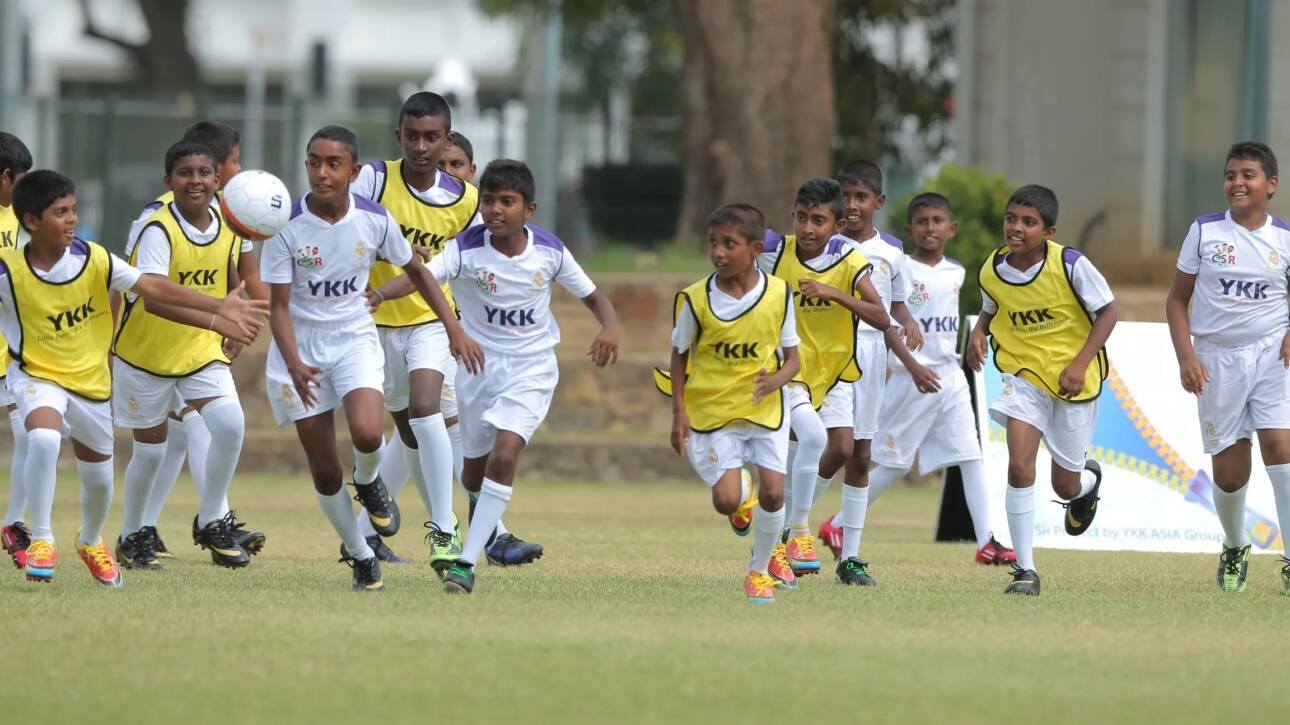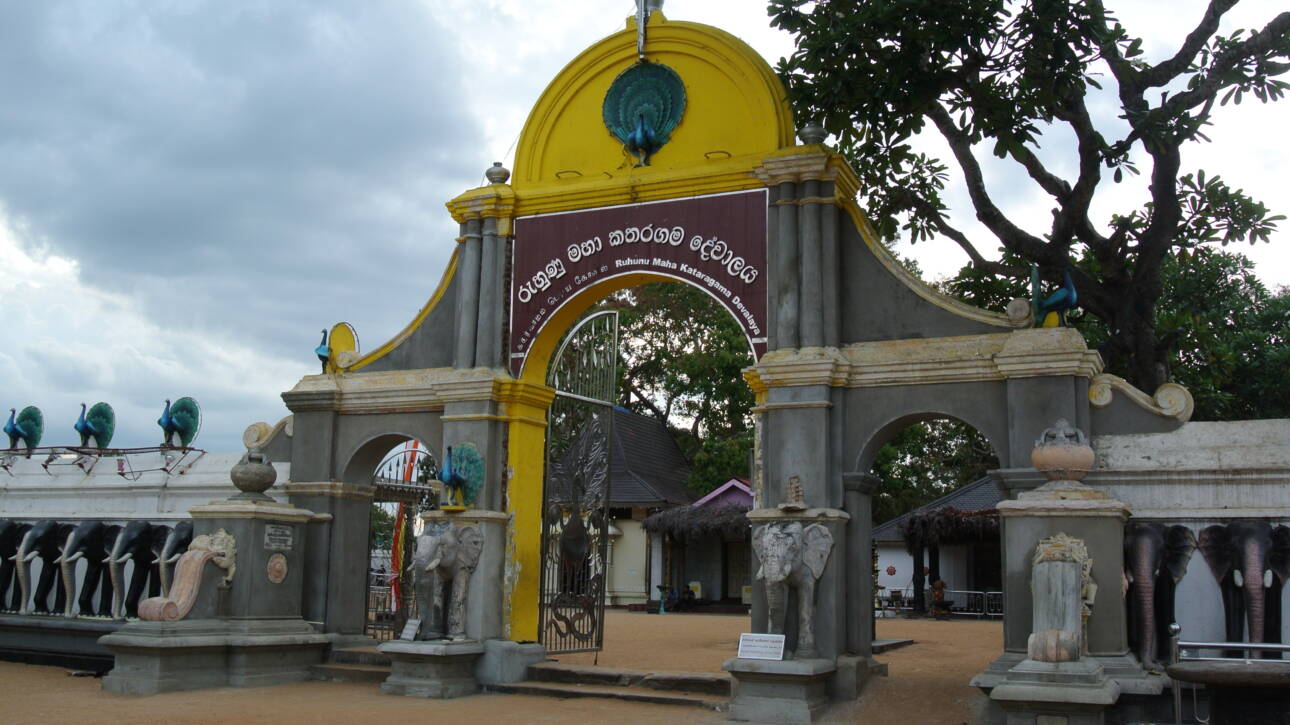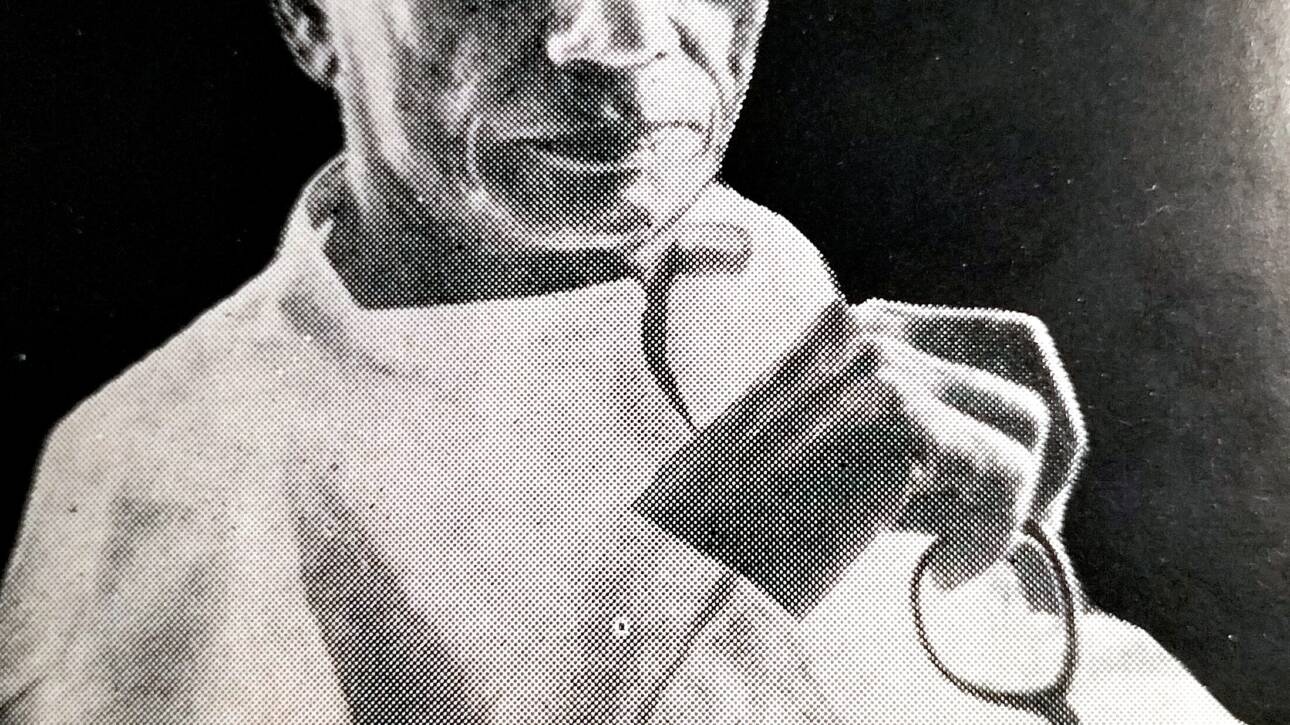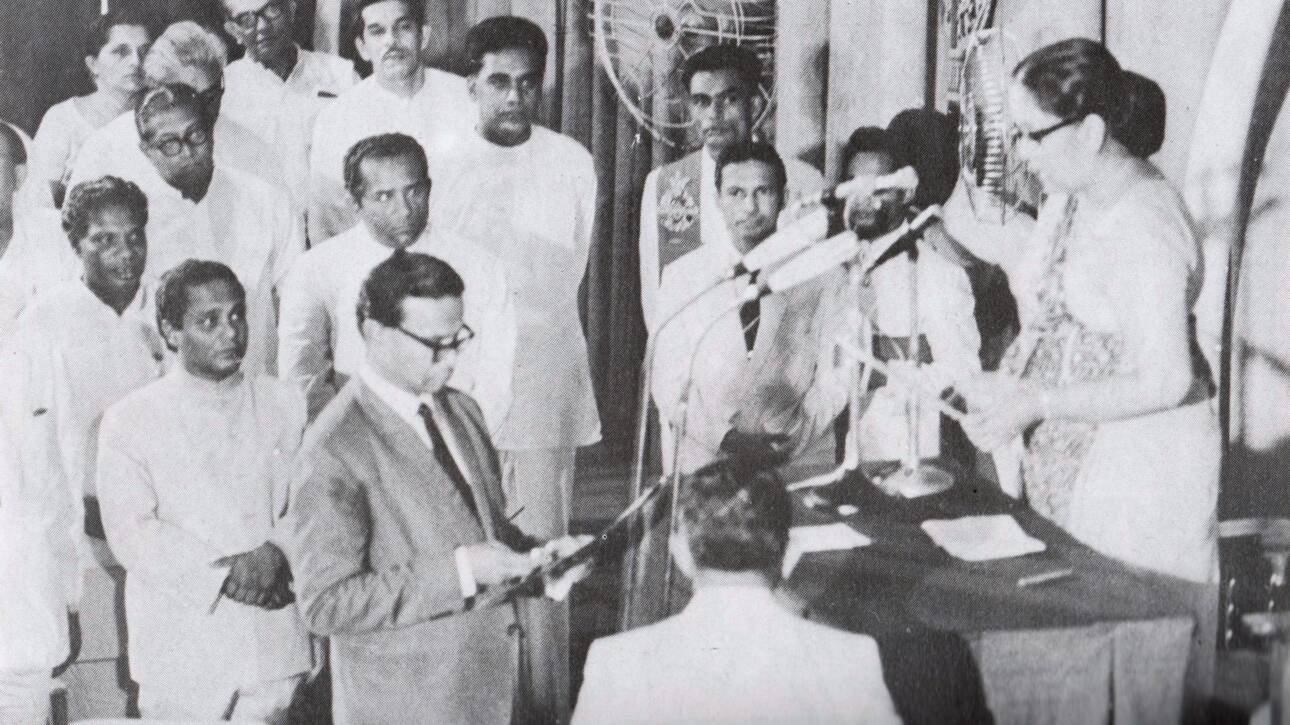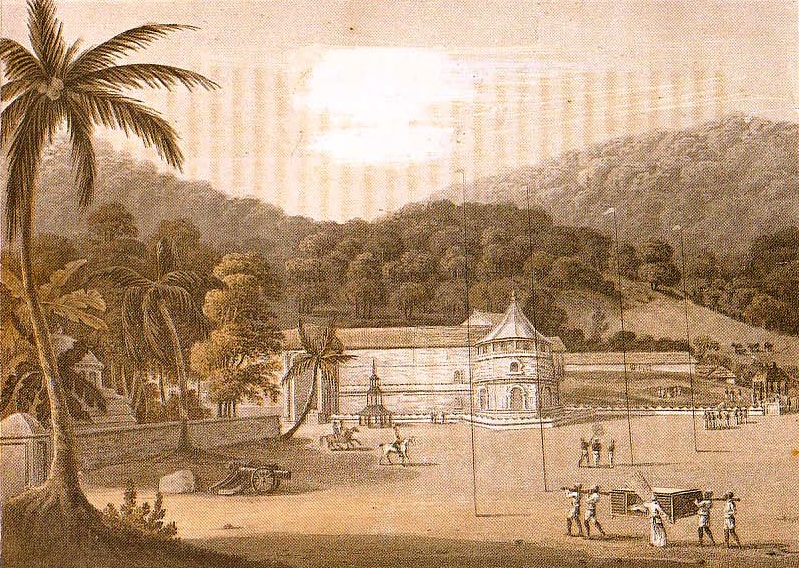By Vinod Moonesinghe
On November 2, 1917, British Foreign Secretary Arthur Balfour wrote a letter to Lord Rothschild, promising support for the creation of a Jewish National Home in Palestine.
A week later, the government made public this Balfour Declaration, making it the first public expression of support for the Zionist cause. This caused concern,…
